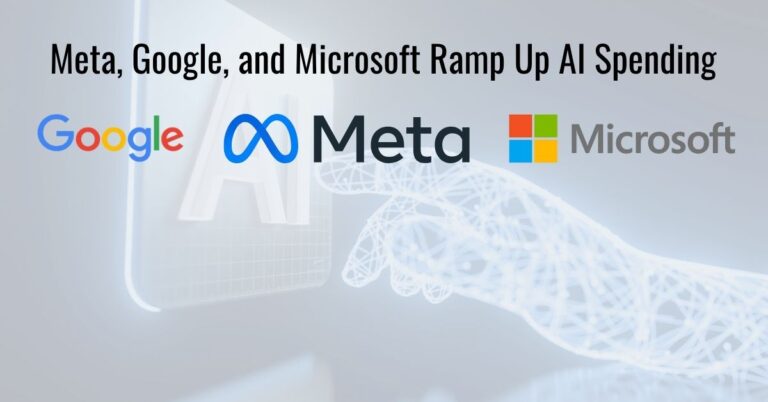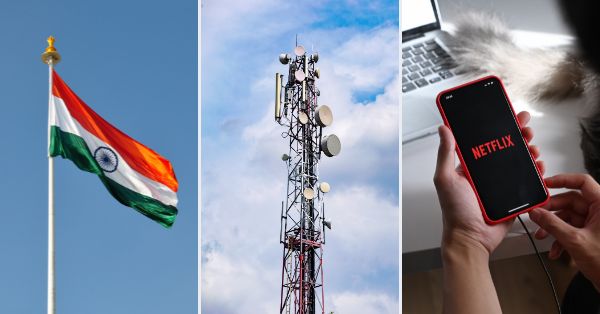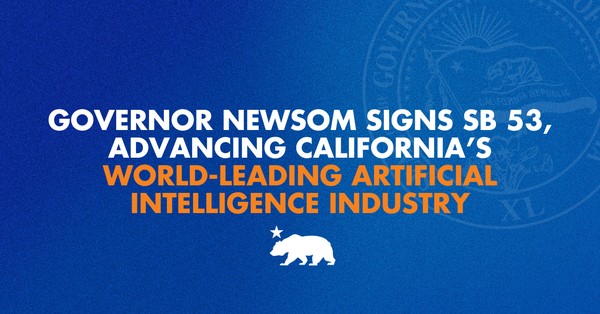- Tech News & Insight
- November 18, 2025
- Hema Kadia
Alphabet’s Google will spend $40 billion to build three AI-focused data centers in Texas, signaling that power access and grid proximity now define hyperscale strategy more than any single technology feature. The build spans one campus in Armstrong County in the Texas Panhandle and two in Haskell County near Abilene, with investments running through 2027. Google expects the program to create thousands of construction and supplier jobs and hundreds of long-term operations roles, consistent with typical hyperscale staffing patterns. Texas offers relatively low-cost power, faster interconnection timelines, abundant land, and pro-investment policies, making it second only to Virginia in U.S. data center count.






























